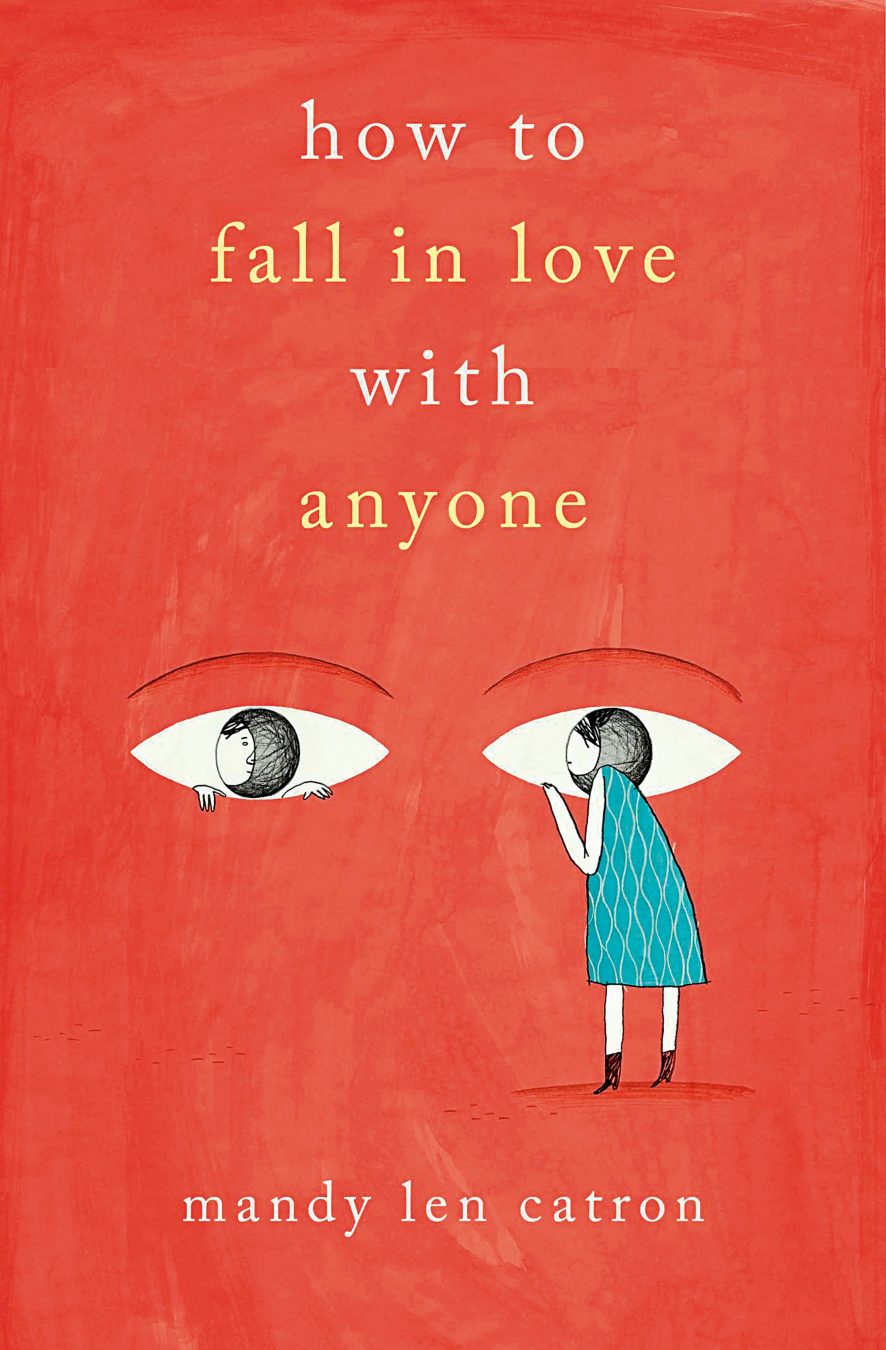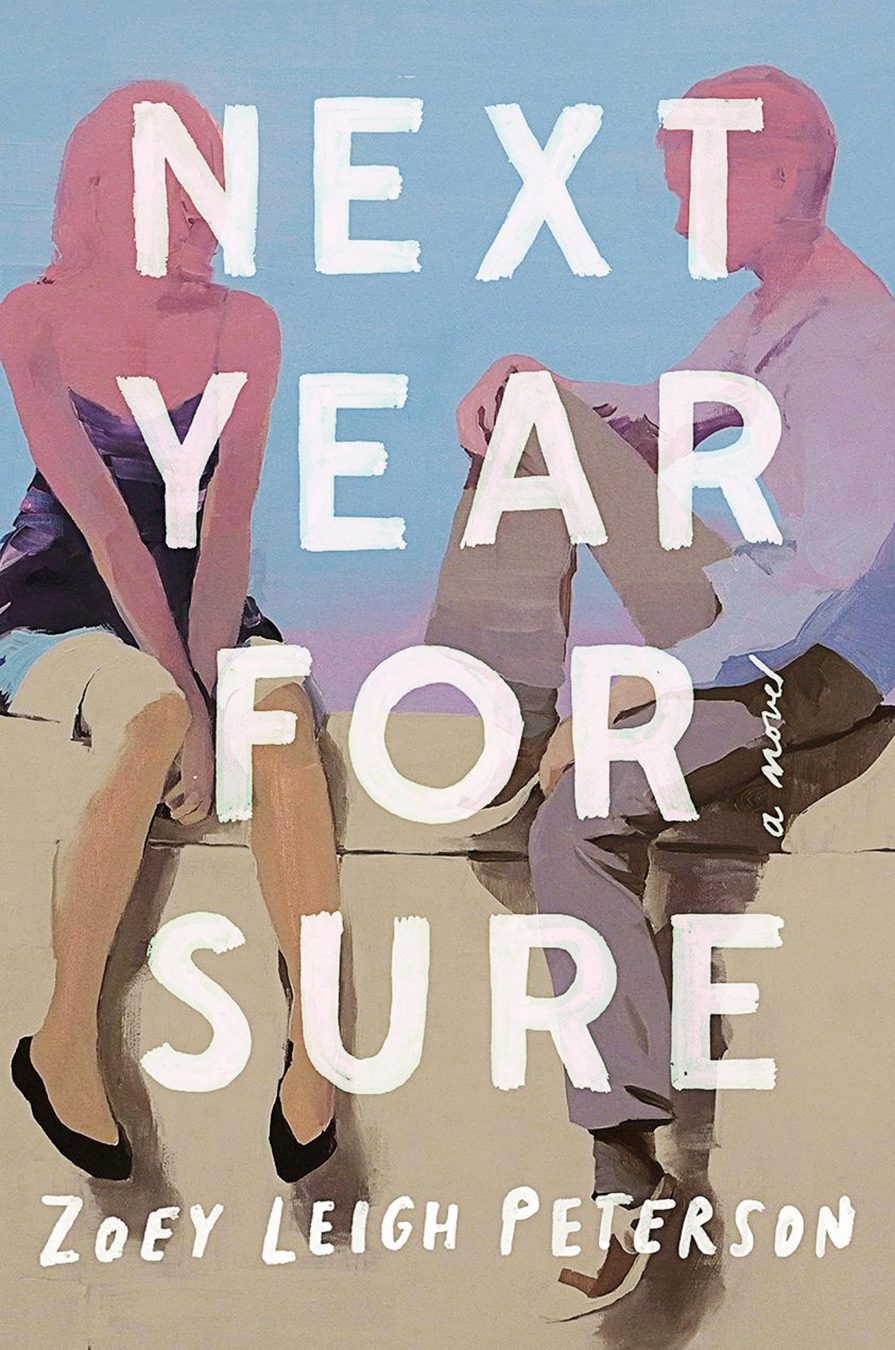“We have these narratives about love in our culture,” the Vancouver writer says over coffee. “I think about them as scripts. We have macro-scripts, which is the role of love over the course of your life, and how it dictates your life—that’s the love-marriage-baby-carriage narrative. But then we also have these micro-scripts, which is what you’re supposed to say on a first date.” She acknowledges the power she thinks these scripts have, and adds that her experience “was feeling really powerless. I didn’t have control over this aspect of my life. And I think I just felt really uncomfortable with that.”
Searching for answers, Catron turned to science. She stumbled upon a decades-old study: psychologists had sparked romantic love by getting strangers to ask each other 36 increasingly personal questions, and then stare into each other’s eyes for four minutes.
Curious, Catron tried it out—at a bar, with a crush. Amazingly, they fell in love. And they are still together.
Her essay “To Fall in Love With Anyone, Do This” ran in The New York Times Modern Love column in January 2015. Eight million people viewed it in the first month alone.
Catron thinks people are so interested in the study because it can be seen as an alternative to the lack of vulnerability that is so often part of the online dating experience. “There’s something about online dating that feels a bit perfunctory and anonymous and socially alienating,” she says. “You have the option to meet a lot of people very quickly, but you don’t necessarily get to know those people very well.” The questions experiment, Catron believes, offers a safe way for people to request intimacy, and to say: “I want to be known, I want to be heard, I want to be seen.”
Tapping into the zeitgeist earned Catron a book deal, and she’s now published How to Fall in Love With Anyone, a collection of essays on the gap between how we talk about love and how we actually practice it. The book takes a deep-dive into the complex world of contemporary romance, with all its confusion and uncertainty, shifting gender roles and digital misunderstandings. The problem, as Catron sees it, is that stories tend to preach a “best” way to practice love, but the reality is that there are actually many ways for relationships to give us meaning.
She taps pop culture—from Hollywood films like Pretty Woman to Loretta Lynn ballads and self-help tomes (think Lori Gottlieb’s Marry Him: The Case for Settling for Mr. Good Enough)—as well as biology, history, and literature to illustrate our bizarre, and outdated, expectations of love. She also bravely mines her own life, from her grandparents’ relationship to her 10-year partnership, to show how these expectations fail.
It’s an addictive, timely collection, and one that calls on readers to ditch limited cultural narratives and explore new, more expansive models of love.
Paving the way for this effort, Catron says, are Vancouver authors like Zoey Leigh Peterson, who has one of the first CanLit novels about polyamory. Next Year, For Sure won Peterson widespread praise for her elegant prose and ground-breaking subject matter.
The novel follows Chris and Kathryn, a couple who have been together for nine years and are very much in love. When Chris meets Emily at the laundromat, he develops a crush on her, and Kathryn encourages him to explore the attraction. What results is a year-long open relationship, with all the jealousy and heartache—and joy—that the experiment entails. Next Year, For Sure offers a compassionate and profoundly human glimpse into polyamory, a once-fringe concept that has become increasingly mainstream.
Catron says books like Peterson’s are exactly what we need to help find new ways of thinking and talking about relationships. “Our ideas about love and marriage are changing really rapidly, and our narratives haven’t quite caught up,” she says. “We all benefit from consuming more diverse narratives about love.” And this is a good place to start.










